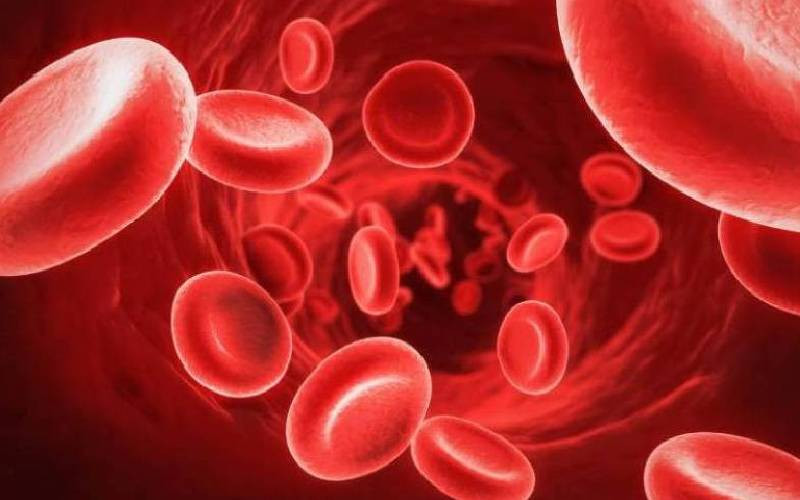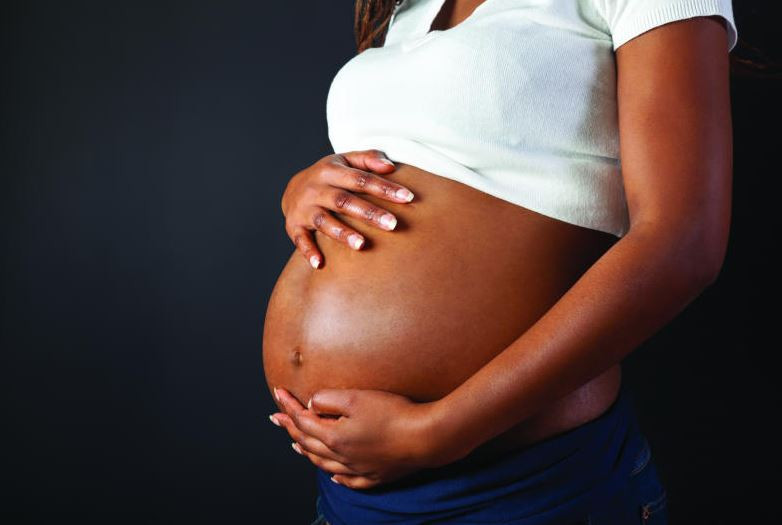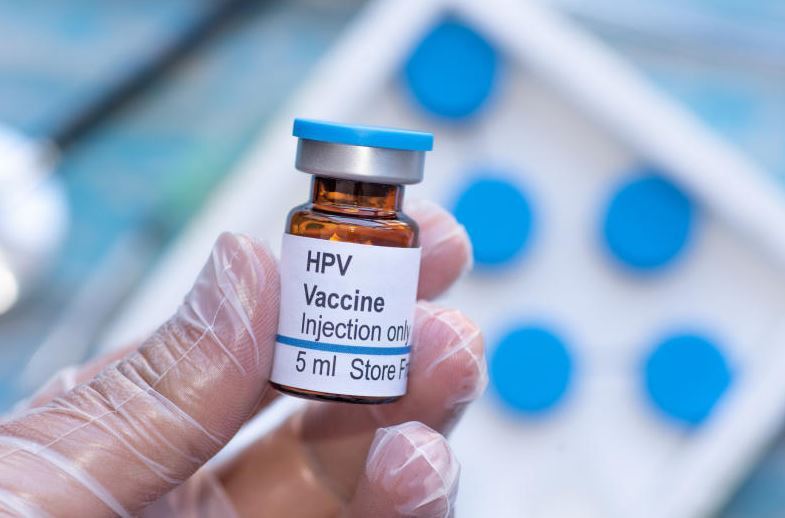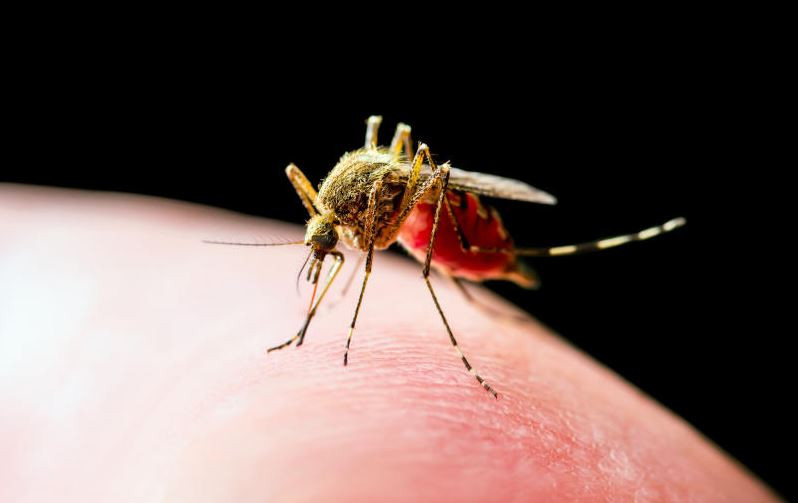
Kenya has recently experienced a worrying rise in mosquito-borne diseases, with scattered cases of dengue fever, an outbreak of chikungunya, and increasing cases of drug-resistant malaria.
Yellow fever, another dangerous disease transmitted by mosquito bites, remains a constant threat, especially considering Kenya is classified as an endemic zone.
Health professionals have continued to raise alarm over the potential impact of yellow fever, citing its high contagion level and fatal consequences if not managed promptly.
According to medical experts, prevention is the best defence against yellow fever, and the most effective method of prevention is vaccination. It is estimated that yellow fever affects close to two million people across sub-Saharan Africa annually, with a considerable number of untreated cases leading to death.
Recent reports confirmed cases of yellow fever in Uganda at the start of the year, with additional incidents emerging from Kenya’s Rift Valley region. These developments have heightened travel requirements, especially for individuals leaving East Africa.
Travellers are now being required to show proof of immunisation before being granted entry into countries beyond the region.
Among the affected groups are Muslims who travel annually to Mecca, Saudi Arabia, for Hajj. They must present valid certificates confirming they have received the yellow fever vaccine.
- Measles, typhoid outbreaks spur vaccination drive
- Kenya to vaccinate children against typhoid and measles-rubella
- Kenya to benefit from Sh 58.5 billion global polio eradication boost
- Vaccination gaps leave millions of children at risk of preventable diseases
Keep Reading
This vaccination requirement underscores the seriousness of yellow fever as a public health concern and highlights its global implications.
Because of its prevalence and seriousness, the World Health Organisation (WHO) has now made it a condition that immunisation against the disease is undertaken to prevent infections and the spread of it, not only for those travelling to other countries but also for those at risk of the disease. It is therefore, advisable for everyone to protect themselves against yellow fever.
The Ugandan outbreak at the beginning of the year even put more Kenyans at risk, given the movement of people across the borders of the two countries. This requires constant protection to control the spread of this mosquito-borne contagious condition.
Meanwhile, investigations reveal that people in a hurry to travel out of the country usually buy blank yellow fever cards, fill them in, and then have them rubber-stamped so they can travel without being vaccinated.
Reasons, include fear of injections, ignorance about the dangers posed by this killer disease, and the cost of immunisation with the yellow fever vaccine, which varies depending on the place or hospital where you take the vaccine.
The racket is even worse at City Hall’s inoculation department, where certificates are reportedly issued or sold to people without them being vaccinated. The yellow fever vaccine currently goes for Sh4,000 at ordinary designated immunisation centres.
Big and reputable private hospitals charge more. “Just like the cost of taking a soda at a kiosk is different from taking a soda at a five-star hotel, here we charge more for all vaccines for preventable diseases,” a nurse at Nairobi Hospital, who requested not to be named, said.
The practice of buying empty yellow fever cards, filling them in, and getting a friend, medic or paramedic, to rubber-stamp and sign them without taking the jab is very common in Mombasa, where a large number of Muslims or pilgrims usually go for Hajj every year. An immunisation card or certificate is a prerequisite condition and requirement for a visa to Saudi Arabia and other countries where the disease is common.
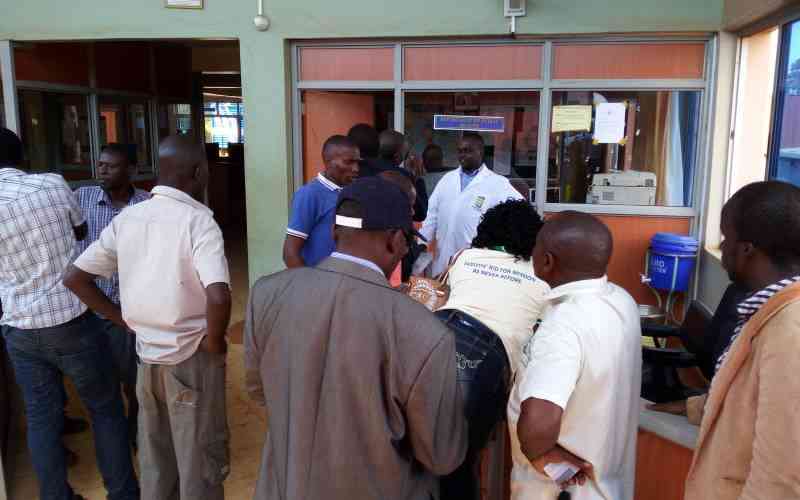
Those travelling on short notice also opt to buy the card, since it takes 10 days after immunisation to develop immunity and for the certificate to be valid. So, some people backdate the immunisation date to show they received the vaccine ten or more days earlier.
However, new technology now makes it easier for health authorities in every country to detect this fraud. The consequences can be serious and can lead to either deportation or prosecution. Yellow fever affects 35 countries in Africa, and the WHO’s latest report says it attacks 400 million people globally every year.
Without proper treatment and in the absence of preventive measures, it can cause serious negative health consequences, including death.
Moses Mwangi, an epidemiologist and vaccine specialist says it does not require a doctor’s consent to get vaccinated, you simply walk into a designated vaccination centre and ask for the jab, Dr Mwangi explains.
This applies to all vaccines, not only for yellow fever. According to Professor Charles Chunge, the Director of the Centre for Travel and Communicable Diseases, yellow fever can range from a mild illness to a potentially fatal disease. While most infected individuals experience mild symptoms, it can progress and cause severe problems, including internal bleeding.
Other symptoms of yellow fever are body ache, back pain, nausea, vomiting, fatigue, fever, chills, severe headache, weakness, yellow skin, yellow eyes, jaundice, bleeding, shock, and organ failure.
“These symptoms appear about four days after infection, and 15 per cent of symptomatic patients will develop severe disease. Most will recover, but bouts of yellow fever recovery may take weeks or months,” says Professor Chunge.
The disease is caused by bites from Aedes mosquitoes. To control the disease, Dr Mwangi explains that home-based preventive measures as well as pharmacological interventions are essential.
The use of insect repellent every four hours is necessary. Clearing bushes and destroying stagnant water containers around homes should be carried out. Wearing thick and protective clothing, which mosquitoes cannot penetrate, is also advised by Professor Chunge.
Additionally, those with underlying medical conditions such as tuberculosis, HIV/AIDS, and diabetes should seek medical advice before getting vaccinated. Experts advise that pregnant women and breastfeeding mothers may have an increased risk of side effects from vaccines and should, therefore, also seek medical advice before immunisation.
The cost of treatment is about Sh10,000 to buy a 500ml bottle of oral medicine or concoction.
This is too expensive for ordinary citizens who live on less than one dollar a day or below the poverty line.
Doctors say there are no specific antibiotics for yellow fever because it is a viral infection, not a bacterial one. Antibiotics are only effective against bacterial infections.
 The Standard Group Plc is a multi-media organization with investments in media
platforms spanning newspaper print
operations, television, radio broadcasting, digital and online services. The
Standard Group is recognized as a
leading multi-media house in Kenya with a key influence in matters of national
and international interest.
The Standard Group Plc is a multi-media organization with investments in media
platforms spanning newspaper print
operations, television, radio broadcasting, digital and online services. The
Standard Group is recognized as a
leading multi-media house in Kenya with a key influence in matters of national
and international interest.





